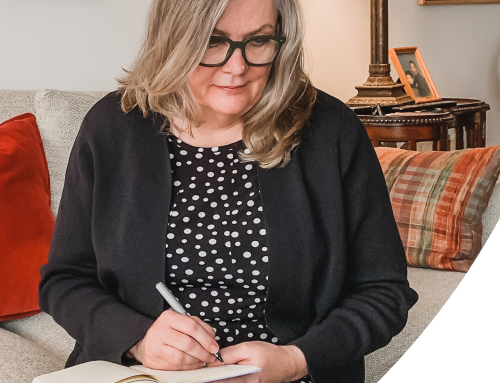How Our Choices are Shaped by Our History and Emotional Responses
Our choices are a complex tapestry woven from our past experiences, emotions, and learned behaviors. Every decision we make is influenced, often subtly, by our personal history and the emotions we associate with those experiences. Understanding this intricate relationship can offer profound insights into our behaviors and motivations.
The Foundation of Experience
Our past experiences lay the groundwork for how we perceive and interact with the world. From early childhood, our interactions with family, friends, and our environment start to shape our understanding of right and wrong, safe and dangerous, desirable and undesirable. For instance, a child who grows up in a nurturing and supportive environment is likely to develop a sense of security and confidence, which will influence their choices later in life. Conversely, a child exposed to constant criticism or neglect may develop a fear of failure or rejection, steering their decisions away from risks, even when such risks could lead to significant rewards.
Emotional Echoes
Emotions act as a powerful lens through which we interpret our experiences. Positive emotions, like joy and love, reinforce behaviors and choices that bring about those feelings, while negative emotions, such as fear and sadness, can deter us from repeating certain actions. These emotional responses create a feedback loop: we make choices based on past emotions, which in turn generate new emotional responses that influence future decisions.
For example, someone who has experienced betrayal in a past relationship might approach new relationships with caution or even suspicion. This defensive choice is not made in a vacuum but is a direct response to the emotional pain of betrayal. Similarly, a person who has felt immense satisfaction and pride in their career achievements is likely to continue making career-oriented decisions, seeking to replicate those positive emotions.
The Role of Memory
Memory plays a crucial role in how our history shapes our choices. Memories are not static records of past events; they are dynamic and can be colored by our current emotions and perceptions. This means that our recollection of past events can change over time, influencing our present choices in different ways. A positive memory of a high school achievement might motivate someone to pursue further education or take on challenging projects, while a negative memory of a public speaking failure might lead to a lifelong fear of public speaking engagements.
Coping Mechanisms and Adaptation
Over time, we develop coping mechanisms to deal with past traumas and emotional pain. These mechanisms can significantly influence our choices. For example, someone who has experienced a major loss might develop a habit of avoiding attachments to prevent future pain. This coping strategy, while protective in the short term, can lead to choices that limit emotional intimacy and personal growth.
The Interplay of Conscious and Unconscious Influences
Not all influences on our choices are within our conscious awareness. Many of our decisions are driven by unconscious processes shaped by our history and emotional responses. These unconscious influences can manifest as gut feelings, instincts, or automatic behaviors. For example, a person might have an inexplicable aversion to a particular type of job or social situation, not realizing it stems from a forgotten negative experience.
Moving Forward with Awareness
Understanding the connection between our history, emotions, and choices can empower us to make more informed and intentional decisions. By reflecting on our past and recognizing the emotional responses that influence our behavior, we can begin to disentangle ourselves from automatic patterns and choose paths that align more closely with our true desires and values.
In conclusion, our choices are deeply intertwined with our personal history and the emotions tied to our past experiences. By gaining insight into this relationship, we can better understand the forces that drive our decisions and take steps toward more conscious and fulfilling choices in our lives.




Great information to understand to understand the fundamentals of my decisions. Excellent guidance.